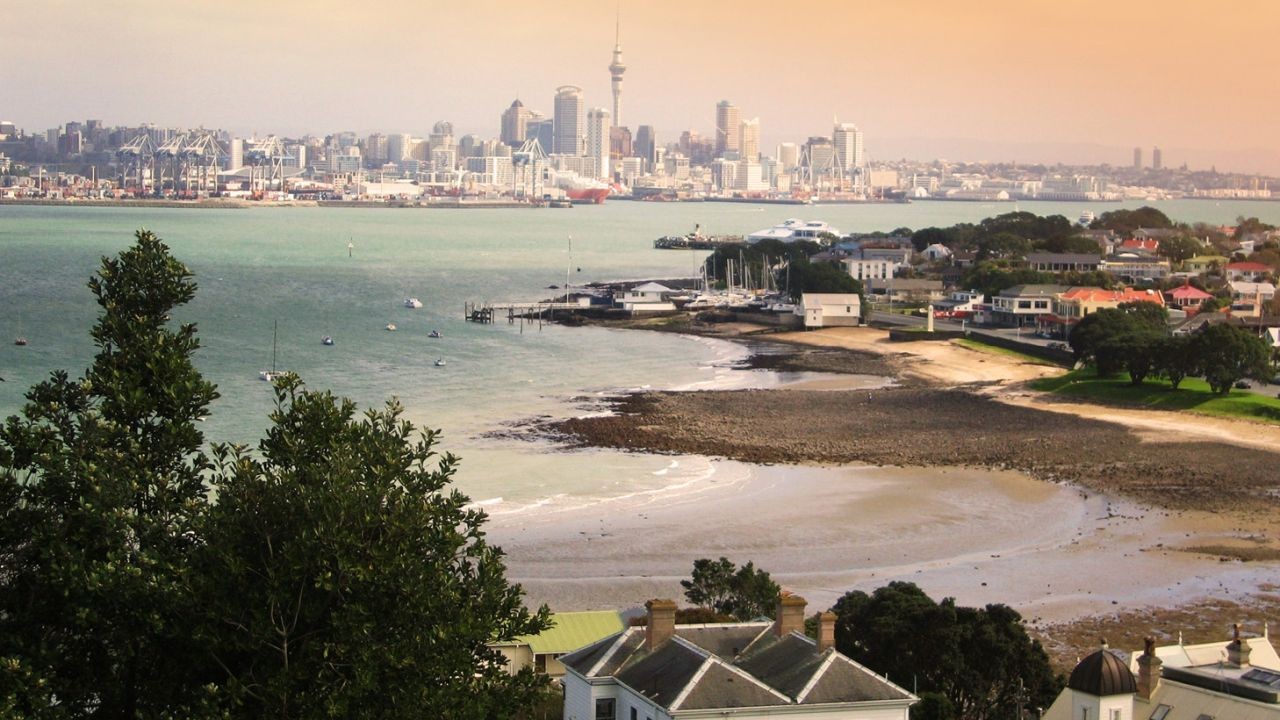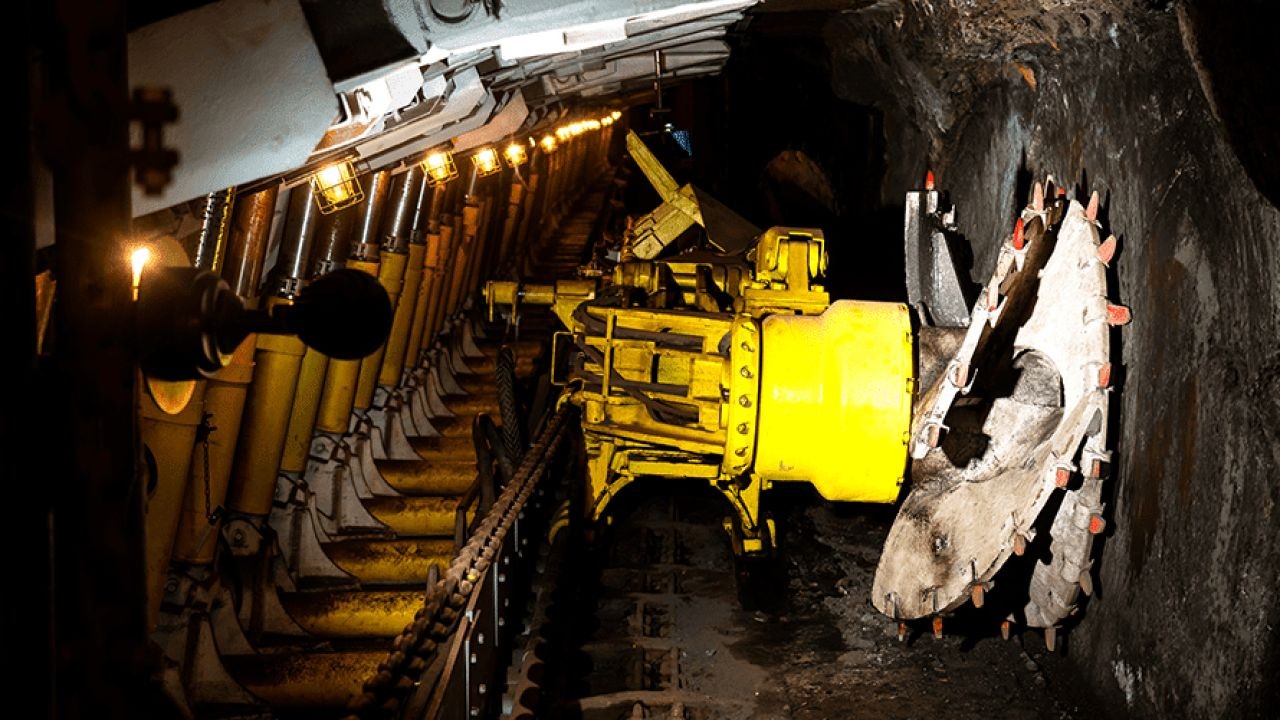In the heart of the South Pacific, New Zealand is emerging as a beacon of innovation in sustainable practices. This small island nation, known for its stunning landscapes and rich biodiversity, is now leading the charge in green innovations that are set to transform its economy and environment. But what exactly are these innovations, and how are they shaping the future of New Zealand? Let’s delve into the top 10 green innovations that are making waves, backed by data, expert insights, and real-world examples.
1. Renewable Energy Expansion
New Zealand has long been a proponent of renewable energy, with over 80% of its electricity generated from renewable sources. The government aims to reach 100% renewable electricity by 2035. This ambitious goal is driven by innovations in wind and solar energy. According to Stats NZ, the number of solar installations increased by 35% in 2023 alone.
Case Study: Meridian Energy - A leader in renewable energy, Meridian Energy has been pivotal in expanding wind farms across the country. Their West Wind farm near Wellington produces enough electricity to power 71,000 homes annually. This illustrates the tangible impact of renewable energy projects on local communities, offering both environmental and economic benefits.
2. Electric Vehicle (EV) Adoption
As part of its effort to reduce carbon emissions, New Zealand is pushing for widespread EV adoption. The government’s Clean Car Discount Scheme, which offers rebates for electric and plug-in hybrid vehicles, has significantly boosted EV sales. In 2022, EV registrations surged by 50%, as reported by the Ministry of Business, Innovation and Employment.
Industry Insight: Transitioning to electric vehicles not only reduces emissions but also drives technological advancements in battery storage and charging infrastructure, critical for New Zealand's energy independence.
3. Sustainable Agriculture Practices
Agriculture is a cornerstone of New Zealand’s economy, contributing to over 7% of GDP. Yet, it’s also a significant source of greenhouse gas emissions. Innovations such as precision farming and regenerative agriculture are gaining traction, aiming to increase productivity while minimizing environmental impact.
Case Study: Beef + Lamb New Zealand - This industry group is implementing regenerative farming practices that enhance soil health and biodiversity. Their recent pilot programs have shown a 20% increase in pasture productivity while reducing fertilizer use.
4. Circular Economy Initiatives
Moving away from a linear economy, New Zealand is embracing circular economy principles, focusing on waste reduction and resource optimization. The government has set a target to reduce landfill waste by 10% per capita by 2030.
Case Study: The Warehouse Group - As one of New Zealand's largest retailers, The Warehouse Group has launched a product stewardship scheme, encouraging customers to return used electronics for recycling. This initiative not only minimizes e-waste but also promotes a culture of sustainability among consumers.
5. Green Building Innovations
Green building practices are transforming New Zealand’s construction industry, focusing on energy efficiency and sustainable materials. The Green Building Council reports that certified green buildings can reduce energy use by 30-50% compared to conventional buildings.
Real-World Example: The Christchurch Convention Centre, designed with sustainable architecture in mind, incorporates rainwater harvesting and solar panels, setting a new standard for eco-friendly construction in urban environments.
6. Water Management Technologies
Water is a vital resource, and its management is crucial for sustainability. New Zealand is investing in technologies that improve water usage efficiency, from smart irrigation systems to wastewater recycling.
Industry Insight: With climate change impacting rainfall patterns, efficient water management is not just an environmental concern but a necessity for agricultural and urban resilience.
7. Biofuel Development
Biofuel is emerging as a sustainable alternative to fossil fuels. New Zealand is exploring the potential of biofuels derived from forestry and agricultural residues, aligning with its forestry sector, which contributes significantly to the economy.
Case Study: Z Energy - This energy company is investing in biodiesel production from tallow, a by-product of meat processing, reducing dependency on imported fossil fuels and supporting local industries.
8. Sustainable Tourism
Tourism is a major economic driver in New Zealand, and sustainable practices are becoming a key focus. The Tiaki Promise initiative encourages visitors to respect and protect the environment, ensuring tourism’s positive impact on local communities.
Real-World Example: The Department of Conservation has implemented eco-friendly tourism practices in national parks, minimizing environmental footprints and preserving natural beauty for future generations.
9. Urban Green Spaces
Urban green spaces are essential for enhancing biodiversity and improving the quality of life in cities. New Zealand cities are integrating green roofs and walls, urban forests, and community gardens to combat urban heat and promote ecological balance.
Expert Insight: Urban greening not only supports biodiversity but also enhances mental health and community well-being, making it a multifaceted innovation in sustainable urban planning.
10. Low-Carbon Logistics
Logistics play a crucial role in New Zealand’s trade-reliant economy. Innovations in low-carbon logistics, such as electric freight vehicles and optimized supply chains, are crucial for reducing emissions.
Case Study: Mainfreight - A leading logistics company, Mainfreight is investing in electric trucks and sustainable supply chain practices, setting a benchmark for the logistics industry.
Common Myths & Mistakes
- Myth: "Green innovations are too costly for businesses." Reality: While initial investments can be high, the long-term savings and efficiency gains often outweigh the costs, as evidenced by a 2024 Deloitte report showing a 30% reduction in operational costs for businesses adopting green technologies.
- Myth: "Sustainable practices are only for large corporations." Reality: Small and medium enterprises in New Zealand have successfully implemented sustainable practices, improving their bottom line and brand reputation.
- Myth: "Renewable energy is unreliable." Reality: With advancements in energy storage and grid management, renewable energy is becoming more reliable, as demonstrated by Meridian Energy’s consistent supply rates.
Future Trends & Predictions
Looking ahead, New Zealand is set to play a pivotal role in the global push towards sustainability. By 2030, it is predicted that innovations in green technology could contribute an additional NZ$10 billion to the economy, according to a report by the New Zealand Institute of Economic Research. The country is poised to become a leader in sustainable practices, leveraging its natural resources and innovative spirit to drive economic growth and environmental stewardship.
Conclusion
New Zealand’s commitment to green innovations not only positions it as a leader in sustainability but also sets a blueprint for other nations to follow. These innovations are not just environmentally beneficial; they are economically viable, creating a resilient and adaptable economy. As New Zealand continues to innovate, the world watches closely, learning valuable lessons in the pursuit of a sustainable future.
What’s your take on New Zealand’s green innovations? Share your thoughts and join the conversation!
People Also Ask
- How does renewable energy impact New Zealand’s economy? Renewable energy lowers electricity costs and reduces carbon emissions, enhancing economic stability. (Source: Stats NZ)
- What are the biggest misconceptions about sustainable practices? One myth is that they are too expensive, but long-term savings often surpass initial costs. (Source: Deloitte)
- Who benefits the most from New Zealand’s green innovations? Industries such as agriculture, logistics, and energy see significant benefits, improving efficiency and sustainability.
Related Search Queries
- Green innovations in New Zealand 2024
- Renewable energy trends NZ
- Sustainable agriculture practices in New Zealand
- Electric vehicle adoption NZ
- Biofuel development in New Zealand
- Circular economy initiatives NZ
- Urban green spaces NZ
- Low-carbon logistics New Zealand































